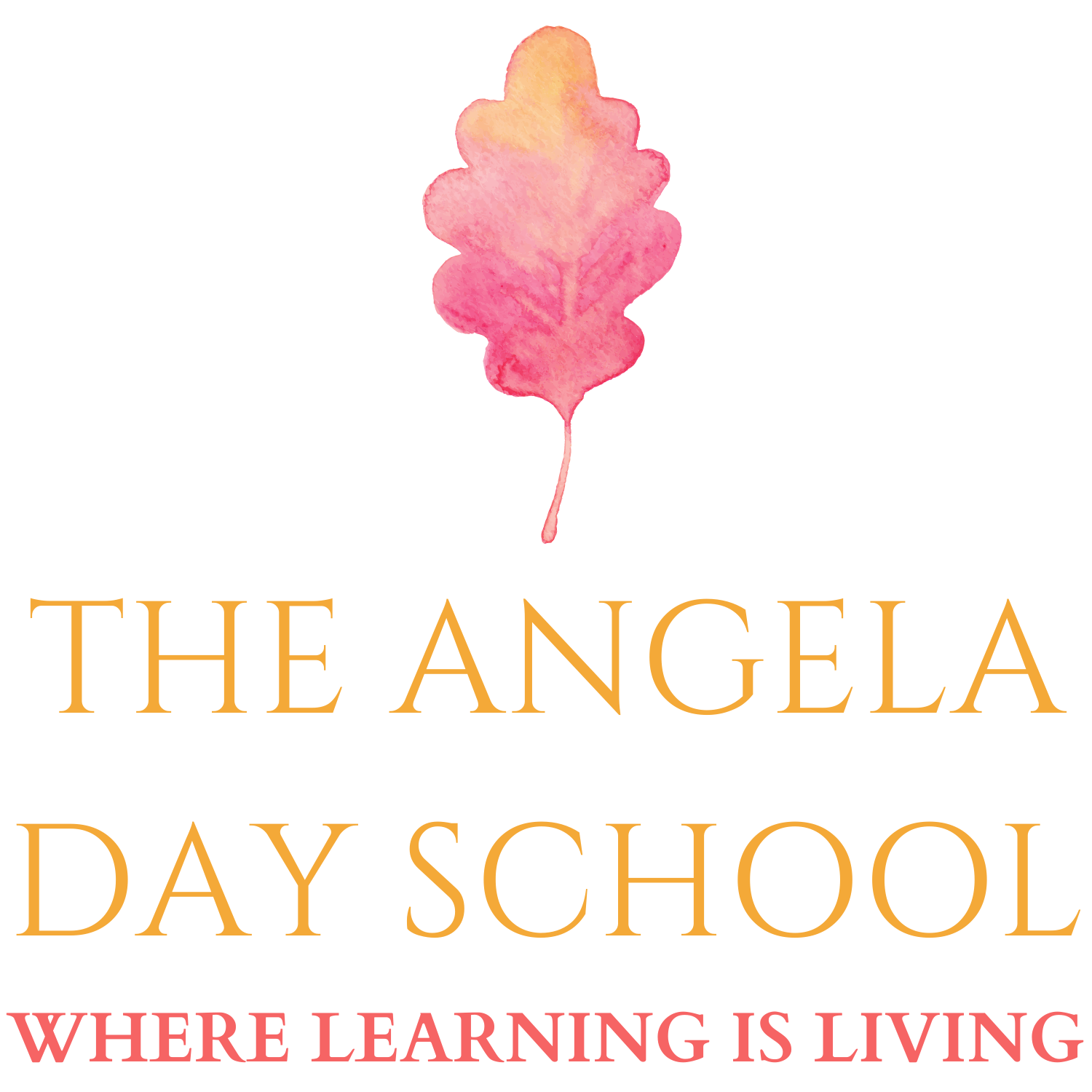
The Habits of Heart and Mind
The practice of learning how to learn and how to think
“If you teach children what you know, they may remember enough to follow in your footsteps, but if you teach children how to learn, they can go anywhere.”
- author unknown
Habits of Heart and Mind
The learning philosophy of The Angela Day School is built around helping students develop habits of heart and mind. These habits are essential elements to learning, thinking and being active socially engaged citizens. Derived from the work of Ted Sizer, the habits are important for helping children develop a mind primed for serious thought through practice and consistent effort. Sizer explained that “serious use of the mind takes time. If you have really high intellectual standards for kids, the curriculum overloaded with stuff has to give way. To write well requires painstaking revision [...] just as to read deeply requires the time to go over text closely again and again. Practicing any art or any science means circling around a subject, trying this and trying that, asking questions that simply cannot be answered in a trivial way.” To support each child in the process of learning how to learn and how to think, we base our system of authentic assessments, curriculum and assignments on twelve habits of heart and mind.
CONVENTION
Meeting accepted standards in any academic area in order to be understood and to understand others
CONNECTION
Looking for patterns and for ways in which things fit together in order to bring together diverse material and form solutions
EXTENSION
Looking to the deeper implications of what is being learned
ETHICAL BEHAVIOR
Demonstrating how personal values influence behavior and a set of principles by which to guide one’s life
PERSPECTIVE
Addressing questions from multiple viewpoints and using a variety of ways to solve problems
ANTI-RACISM
Viewing and interacting with individuals as equals and actively confronting and dismantling racism in all forms through constructive and critical engagement
RELEVANCE
Understanding the difference that a new concept makes
RELATIONSHIP
Connecting and listening to others; demonstrating skills in listening with understanding and empathy, co-constructing meaning to develop intersubjectivity, and finding humor
EVIDENCE
Bringing together relevant information; judging the credibility of sources and finding out for one’s self
COLLABORATION
Making appropriate provisions for accepting and giving assistance
SERVICE
Demonstrating an awareness of the effects of one’s actions on others and a desire to make the community a better place for all
REFLECTION
Synthesizing what has been learned and what is yet to be learned














